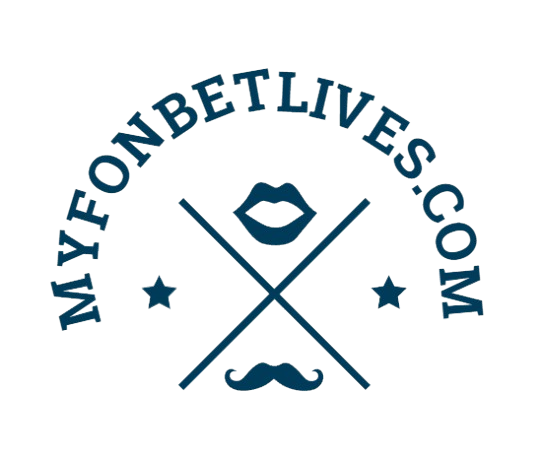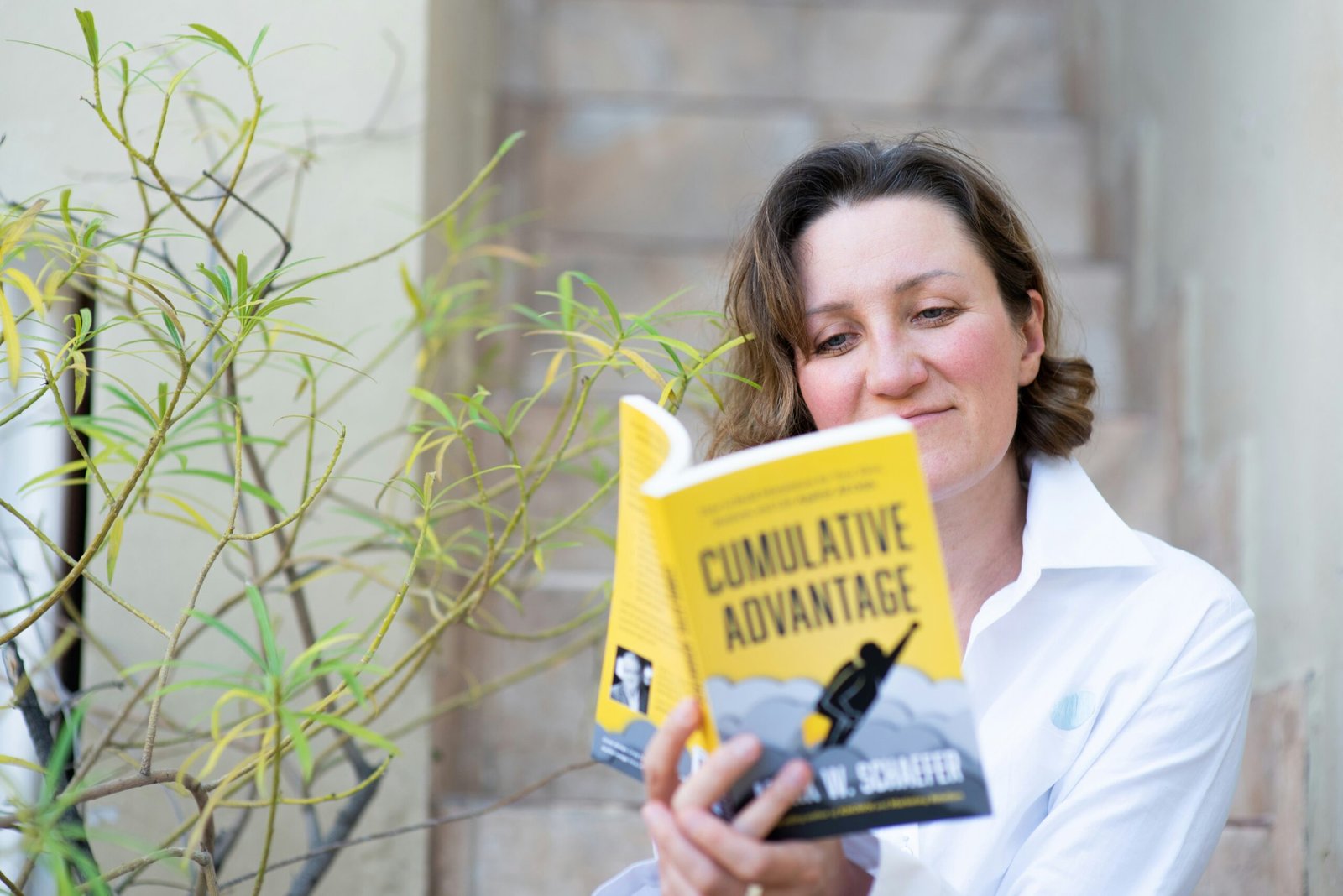Understanding Personal Growth
Personal growth is a lifelong journey of self-improvement and self-discovery that encompasses various dimensions of an individual’s life. At its core, personal growth involves the conscious decision to enhance one’s skills, knowledge, and emotional well-being over time. This evolution is often facilitated through creating and maintaining a growth mindset—a framework that encourages individuals to view challenges as opportunities for learning rather than obstacles.
A growth mindset is foundational for personal development because it fosters resilience and adaptability. Individuals who adopt this perspective are more likely to embrace failures as valuable lessons that contribute to their overall growth journey. This mindset can enhance emotional intelligence, allowing for better interpersonal relationships, increased empathy, and improved conflict resolution skills. Additionally, intellectual engagement through reading and continuous learning feeds the desire for knowledge, thus expanding one’s horizons and understanding of the world.
Personal growth can manifest through various avenues, including emotional, intellectual, and professional dimensions. For example, someone focused on emotional growth may engage in mindfulness practices or therapy to improve their emotional regulation. Intellectually, individuals might pursue higher education or explore new hobbies that challenge their cognitive abilities. Professionally, setting career-oriented goals and seeking mentorship can lead to significant advancements in one’s career path.
To effectively track personal growth, it is crucial to set specific, measurable goals. These objectives should be realistic and time-bound to facilitate clear progress monitoring. Whether one aims to read a set number of books annually or develop a new skill, these tangible targets provide motivation and a sense of achievement as milestones are reached. Ultimately, personal growth is a dynamic and ongoing process that not only enhances individual quality of life but also contributes positively to society as a whole.
The Power of Reading
Reading serves as a powerful instrument for personal growth, allowing individuals to broaden their horizons and enhance their self-awareness. Engaging with a diverse range of materials, including self-help books, biographies, and academic literature, stimulates the mind and encourages continuous learning. Each type of reading material offers unique insights; self-help books often provide practical strategies for self-improvement, whereas biographies illuminate the lives of extraordinary individuals, inspiring readers to overcome challenges. Academic literature deepens understanding by presenting rigorous analyses and empirical evidence on various subjects, fostering critical thought.
Critical reading is an essential skill that facilitates personal development. It involves not just understanding the content, but also questioning and analyzing the arguments presented. By practicing critical reading, individuals can assess different perspectives and cultivate their own viewpoints, leading to more informed decisions in their lives. To develop a consistent reading habit, setting specific goals is beneficial. For instance, pledging to read a certain number of pages or chapters daily can create a structured approach that encourages commitment and progress.
Integrating reading into a daily routine need not be cumbersome. One practical method is to allocate specific time slots in the day, such as during morning routines or before bedtime. Keeping a book easily accessible can serve as a prompt to read whenever time allows. Moreover, embracing various formats—like audiobooks or e-books—can enhance flexibility and accessibility, catering to individual preferences. Among the myriad of impactful books, titles such as “Atomic Habits” by James Clear, “The Power of Habit” by Charles Duhigg, and “Man’s Search for Meaning” by Viktor Frankl have significantly influenced the journeys of many seeking self-improvement. These recommendations serve as starting points for anyone looking to embark on their reading journey and accelerate their personal growth.
Embracing Continuous Learning
Continuous learning is fundamental to personal growth, serving as a cornerstone for individuals striving to improve themselves throughout their lives. The concept of lifelong learning has gained considerable recognition, emphasizing the necessity of acquiring knowledge and skills beyond formal education. In today’s rapidly evolving world, staying relevant requires individuals to embrace various learning methodologies.
Online courses have revolutionized access to knowledge, allowing learners to engage with experts from all over the globe. Platforms like Coursera and Udemy offer a wide array of subjects, catering to diverse interests and learning styles. Similarly, workshops and seminars present opportunities for immersive learning experiences where participants can interact with peers and instructors, fostering a collaborative environment that enhances understanding.
Peer learning is another effective approach that encourages individuals to share experiences and insights with each other. Collaborating with friends or joining study groups can provide motivation and accountability, creating a supportive network that fuels the desire to learn. Additionally, embracing new skills and ideas cultivates adaptability, equipping individuals to navigate various life challenges and opportunities.
To maintain motivation in the journey of continuous learning, it is essential to set achievable goals and celebrate milestones. This can range from committing to reading a certain number of books each month to completing a specific online course. Establishing a routine is also beneficial, as it creates consistency and integrates learning into daily life.
Implementing what has been learned in real-life scenarios is crucial for ensuring that new skills translate into practical applications. Whether through volunteering, taking on new responsibilities at work, or engaging in community projects, actively applying knowledge reinforces learning and accelerates personal development. Ultimately, embracing continuous learning opens doors to endless possibilities, enriching one’s life and enhancing personal growth.
Creating Your Personal Development Plan
Crafting a personal development plan is an essential step in the journey of personal growth, allowing individuals to systematically enhance their skills and knowledge. The initial phase involves assessing your current skills and knowledge base. Reflect on your strengths and weaknesses to identify areas that require improvement. Consider utilizing self-assessment tools or seeking feedback from peers to gain a comprehensive understanding of your skillset. This assessment will serve as the foundation for defining your growth objectives.
Once you have clarity on your current capabilities, the next step is to set specific short-term and long-term goals. Short-term goals are typically those that you can achieve within weeks or months, while long-term goals may span several years. Ensure that these goals are SMART: Specific, Measurable, Achievable, Relevant, and Time-bound. For instance, if reading is a significant component of your personal development, you might set a goal to read one professional development book each month.
Establishing a routine that incorporates reading and learning activities is crucial for maintaining consistency. Allocate specific times during the week dedicated solely to personal growth efforts. This schedule can include reading, attending workshops, or enrolling in online courses. Incorporate various learning methods, such as audiobooks, podcasts, or video lessons, to cater to your learning preferences and keep the process engaging.
To track your progress effectively, consider utilizing tools and resources such as journals or apps designed for goal tracking. Regularly reflecting on your growth helps to reinforce the learning process and adapt your plan as necessary. This adaptability ensures that your personal development journey remains aligned with your evolving interests and circumstances. Ultimately, by creating and following a personalized development plan, you lay down a structured approach to continuous improvement in your life.



